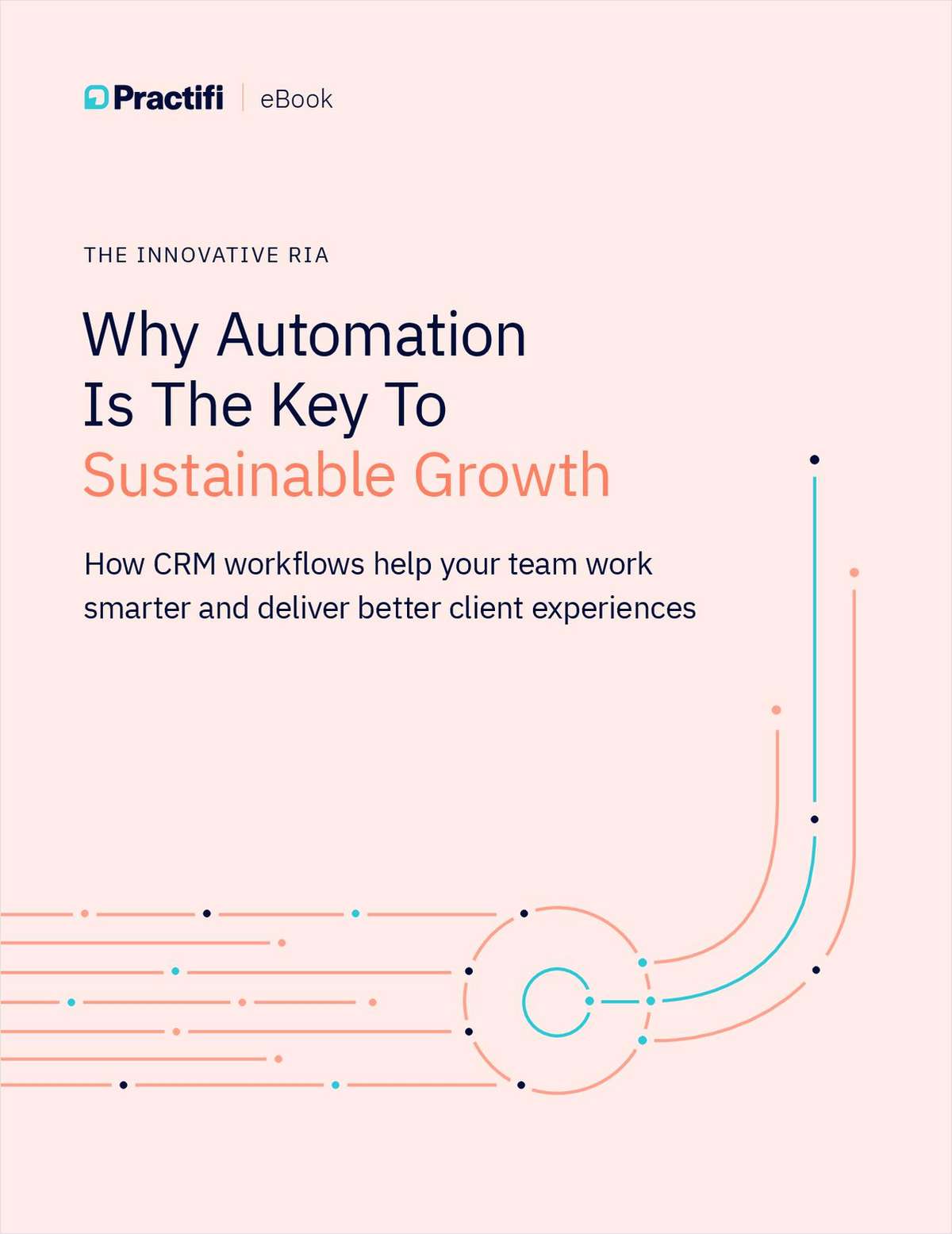
Proposed legislation suggests that the U.S. government is interested in creating a federally sponsored retirement savings program.
Under the Retirement Savings for Americans Act, private-sector employees without access to employer-sponsored savings options would automatically be enrolled in the program. Other proposals would also provide for matching contributions for lower- and middle-income employees.
We asked two professors and authors of ALM’s Tax Facts with opposing political viewpoints to share their opinions about whether the United States should create a nationwide retirement savings plan at the government level.
Below is a summary of the debate that ensued between the two professors.
Their votes:


Their reasons:
Bloink: Nearly 20 states have already established state-sponsored retirement plans. These programs are working to effectively provide retirement savings options for individuals who would otherwise lack access to a meaningful retirement savings plan. We should by now be well aware that the employer-based 401(k) system does not work for all Americans — especially lower-income Americans. A government-sponsored option would ensure that every American worker has access to a quality retirement savings option regardless of their employment history and status.



